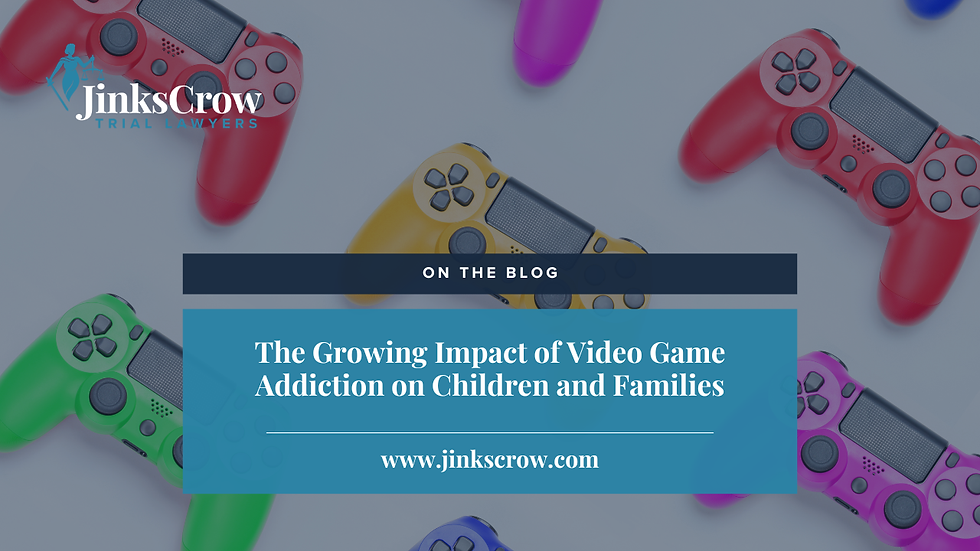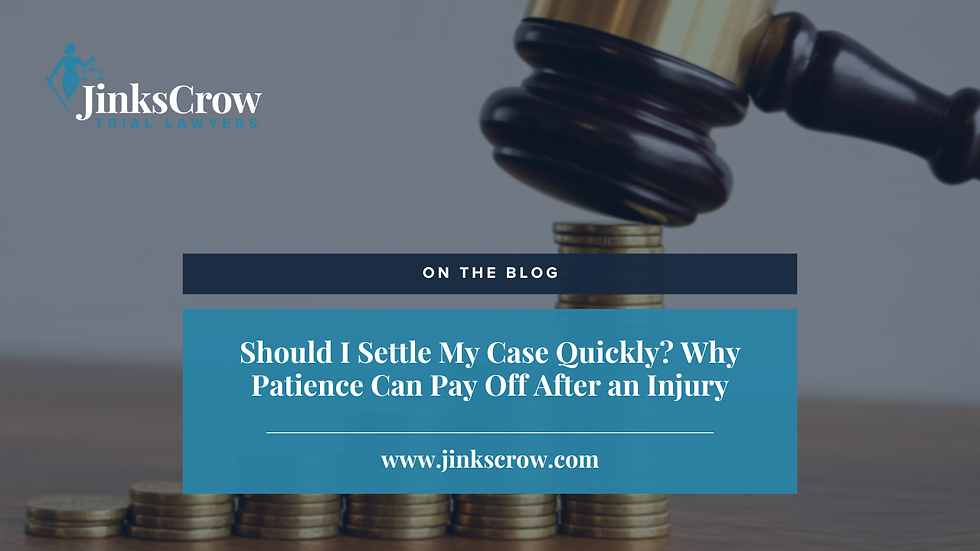September: Baby Safety Month Tips
- Jinks Crow

- Sep 29, 2022
- 3 min read

September is Baby Safety Month. Each year for almost 40 years, the Juvenile Products Manufacturers Association (JPMA) targets September to focus consumers on baby safety. The JPMA seeks to be the voice of quality and safety for baby and children’s products through a certification process built on the American Society for Testing and Materials (ASTM) standards.[i] Below are a few Baby Safety Month tips.
This year, JPMA is focusing on the following[ii]:
Car seat safety[iii]
This important responsibility begins with selecting a child's car seat and using it properly from the moment you bring the baby home to every car ride after that. All 50 states have laws that require the use of a car seat. All car seats manufactured today are supposed to meet safety standards set by the federal government.
Locks and latches safety
Properly installed locks and latches can prevent access to chemicals, medicines, and other harmful products.
Sleep safety
Creating a safe sleep environment for babies is the best thing you can do to ensure first years are happy and healthy. Each year hundreds of deaths occur when children are placed in a sleep environment not specifically designed for children.
Safety and sustainability
Products can be both safe and provide a limited impact on our natural resources, which certainly benefits our children today and in the future.
If you’re like me, borrowing or buying second-hand baby furniture and products makes a lot more sense than spending money on new items that you may only use for a short period of time. Be careful, though, because some used items are safer than others.
What baby products are safe to use?
Clothes, books, and basic toys that are in “like new” condition and can easily be cleaned are fine.
Are second-hand car seats and cribs safe?
Used car seats and cribs are two examples of items where you have to be careful. It is impossible to know the history of a used car seat and using one that has been involved in a crash could jeopardize its effectiveness. Most car seats expire about five or six years from the date of manufacture and using a car seat after it has expired could be dangerous. Older cribs may not meet the most current safety standards or could have missing or broken parts or hardware.
Even new products can be dangerous. The U.S. Consumer Product Safety Commission (CPSC) has many great resources for parents and caregivers on products that have been recalled for safety reasons and other helpful tips on avoiding dangers for children, toddlers, and infants.[iv]
Parents and caregivers can only do so much when defective new products are involved. Unfortunately, not all manufacturers follow industry guidelines. Despite the federal requirements, car seats still fail, and evaluating a potential car seat failure case is something that should be done if you or a loved one suffered a catastrophic injury or death as a result of a defective car seat. Even manufacturers that design a safe product can run into problems when companies use inappropriate materials, or their manufacturing process is flawed.
%20Proof%20%235.png)



Comments